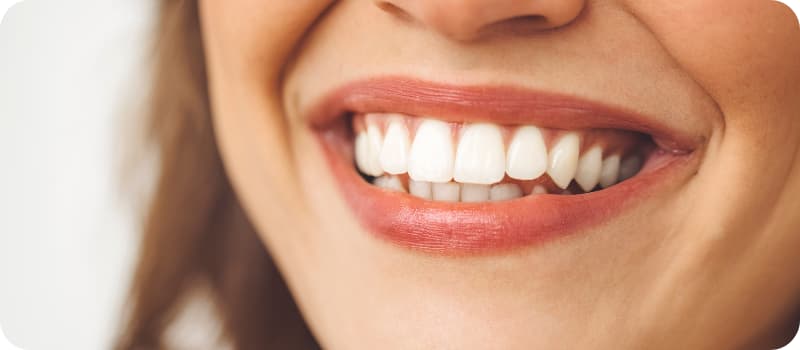
Hydrogen Peroxide for Teeth: Our Tips for a Bright Smile
Share
Hydrogen Peroxide for Teeth: Our Tips for a Bright Smile
Maintaining our oral hygiene is essential, and many are looking for solutions to whiten their teeth at home. Hydrogen peroxide for teeth is often cited as a practical and economical option. But is it really effective and safe? In this article, we give you our advice on how to use hydrogen peroxide to whiten your teeth responsibly
What is hydrogen peroxide and how does it work on teeth?
Hydrogen peroxide, also called hydrogen peroxide, is a chemical compound used primarily as a disinfectant. In the dental field, it is known for its whitening properties due to its oxidizing power, which helps remove stains on the surface of the enamel.
Why is hydrogen peroxide effective for whitening teeth?
Bleaching action: It penetrates the enamel to reduce the visibility of stains linked to coffee, tea, tobacco or natural aging.
Antibacterial effect: Hydrogen peroxide helps reduce dental plaque and maintain a healthy mouth.
How to use hydrogen peroxide to whiten teeth safely?
Although hydrogen peroxide is effective, its use requires caution to avoid damaging enamel or irritating gums. Here are some simple steps:
1. Dilution of hydrogen peroxide
For dental use, choose a solution of 3% maximum. Dilute a tablespoon of hydrogen peroxide in an equal quantity of water.
2. Mouthwash with hydrogen peroxide
Gargle with the mixture for 30 seconds to a minute.
Spit it out, then rinse your mouth thoroughly with clean water.
3. Hydrogen peroxide and baking soda
For a stronger whitening effect, mix:
A teaspoon of baking soda
A few drops of hydrogen peroxide (just enough to make a paste).
Directions: Gently brush your teeth with this paste for 1 to 2 minutes, then rinse.
4. Frequency of use
Limit use to 1 to 2 times per week to avoid any risk of abrasion or tooth sensitivity.
Precautions to take with hydrogen peroxide for teeth
Do not swallow: Hydrogen peroxide can be toxic if ingested. Use externally only.
Consult a professional: Before starting any home treatment, seek the advice of your dentist, especially if you have sensitive gums or oral pathologies.
Avoid high concentrations: Too concentrated a solution can cause burning or excessive sensitivity.
Hydrogen peroxide for teeth: what results can we expect?
With regular but moderate use, you may notice:
A reduction in surface spots.
An overall whitening of your teeth after a few weeks.
Note: Hydrogen peroxide is not a substitute for professional treatment. If your stains are deep or your teeth are very yellow, a visit to the dentist is recommended.
Hydrogen peroxide, bicarbonate and oral hygiene: the winning combination?
A popular home remedy for whitening teeth is the combination of hydrogen peroxide and baking soda.
Bicarbonate: Acts as a mild abrasive.
Hydrogen peroxide: boosts the whitening effect.
However, this method must remain complementary to a classic dental routine:
Brush twice a day with a quality electric toothbrush.
Using dental floss.
Regular visits to the dentist.
Alternatives to hydrogen peroxide for teeth
If you are hesitant to use hydrogen peroxide, here are some alternatives:
Whitening toothpastes: enriched with hydrogen peroxide.
Whitening strips: available in pharmacies.
Professional treatments: performed at a dentist for optimal results.
Conclusion: Hydrogen peroxide for teeth, yes, but in moderation
Hydrogen peroxide is an affordable and effective solution for whitening teeth, provided you use it correctly. Follow the dosages and precautions to avoid damaging your teeth or gums.
Remember: A bright smile starts with a healthy mouth. Adopt the right habits every day and take full advantage of the benefits of hydrogen peroxide for your teeth!
